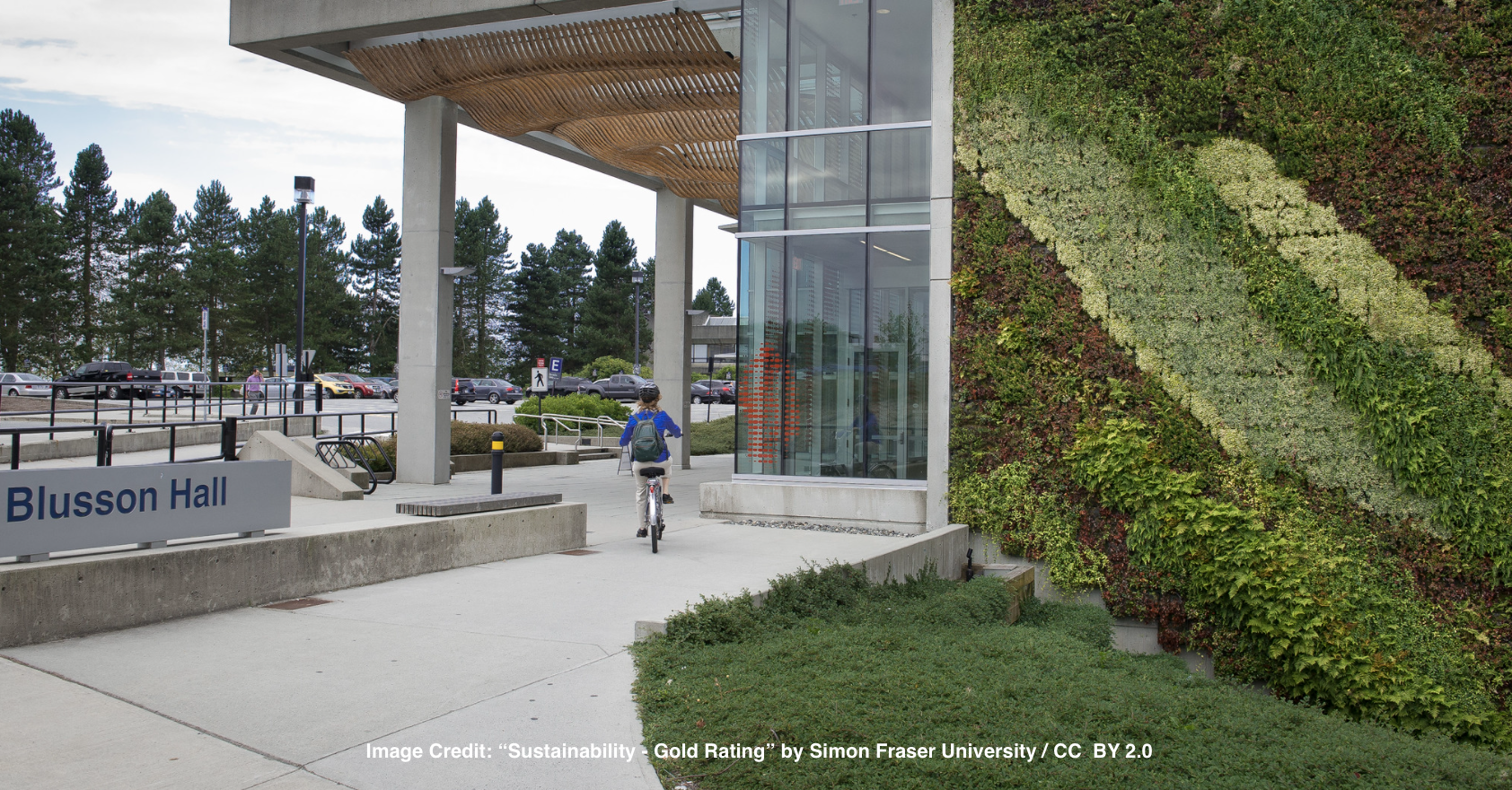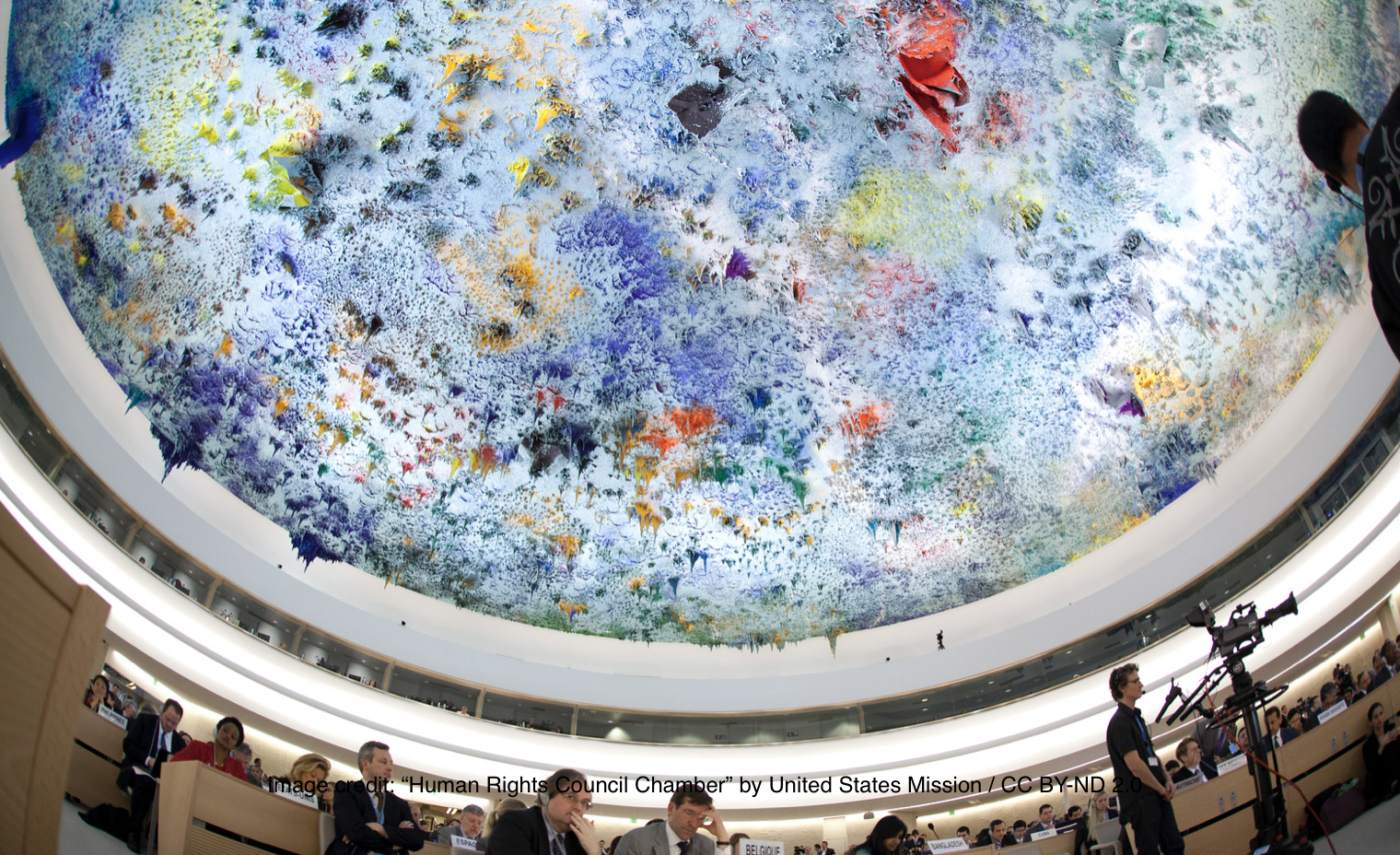Higher education and the emerging environmental revolution
This article first appeared in University World News Higher education and the emerging environmental revolution Patrick Blessinger, Mandla Makhanya, and Mirela Panait Over the past 250 years, the world has experienced unprecedented political, economic, social, technological and environmental change. In addition to the many socio-politico revolutions that have occurred over the past 250 years, much of the progress during this time period has been the result of industrial revolutions. These industrial revolutions have transformed the planet in many ways – both positively and negatively. The First Industrial Revolution (circa 1760 CE to 1840 CE) was mainly characterised by the invention of mechanised manufacturing technologies – for example, tools, machinery and steam engines – which set the foundation for future revolutions. The Second Industrial Revolution (circa 1870 CE to 1914 CE), also known as the Technological Revolution, was mainly characterised by the diffusion of electrification, mass production, mass transportation and mass communication systems – for example, electricity, steel, petroleum, [...]







